This article was co-authored by wikiHow staff writer, Amber Crain. Amber Crain has been a member of wikiHow’s writing staff for the last six years. She graduated from the University of Houston where she majored in Classical Studies and minored in Painting. Before coming to wikiHow, she worked in a variety of industries including marketing, education, and music journalism. She's been a radio DJ for 10+ years and currently DJs a biweekly music program on the award-winning internet radio station DKFM. Her work at wikiHow supports her lifelong passion for learning and her belief that knowledge belongs to anyone who desires to seek it.
There are 13 references cited in this article, which can be found at the bottom of the page.
This article has been viewed 1,235 times.
Learn more...
A career as a heavy equipment operator can provide stability, a great salary, excitement, and many growth opportunities for you. Sound like a perfect fit? If you want to learn how to get started with this career, you've come to the right place. In this article, we'll explain the skills, training, and experience you need to land the operator job of your dreams. We'll also talk about average salaries, operator demand, and the different types of machinery you can specialize in. If you're ready to take your first step on this career path, scroll down!
Things You Should Know
- Graduate from high school (or get your GED) to start training. You must be 18 years old to legally operate heavy machinery.
- Get training through a union apprenticeship or enroll in a technical school. Either way, you'll get hands-on experience and paid work during training.
- Earn your heavy equipment operator certification once you complete your training. You may also need to get a commercial driver’s license.
Steps
How to Become a Heavy Equipment Operator
-
1Graduate from high school or get your GED. To sign up for an operator training program, you have to be at least 18 years old and have a high school diploma (or GED).[1] If you’re in high school right now, consider taking a few courses that will give you a head start in the field, like shop and auto technology.
- It's illegal for anyone under 18 to operate heavy machinery.
-
2Complete heavy equipment training. You don’t need any work-related experience to get started with your training. As for the training itself, you have 2 main options or pathways to choose from. Regardless of the path you choose, you'll learn how to maintain equipment, operate machinery, and use equipment-related technology during your training.[2]
- Union apprenticeship: This is a great choice if you’re ready to jump right in and earn money at the same time. The program takes 3-4 years total and the training is provided free of charge through the union. During the first 3 years, you’ll earn 45-60% of a full journeyman’s wage. During the last year, you’ll earn closer to 80-90%.[3] Use this handy tool to find an apprenticeship near you.
- College or technical school: Training at a school usually involves up to 8 weeks of class-based learning before you start getting hands-on training with an actual company (during which time you’ll be paid, similar to an apprenticeship). To find a school near you, just search “heavy equipment operator school + your city or state.”
Advertisement -
3Get certified as a heavy equipment operator. Licensing and certification requirements vary by state, but chances are you’ll need to get certified to operate at least one piece of heavy machinery to become a professional journeyman. Once your apprenticeship or training program is drawing to an end, your mentors or instructors will guide you on what to do next.[4]
- If you’re doing an apprenticeship, the union will sign you up to get the certifications you need.
- If you're attending an operating school, the program will help you set up the necessary certifications. To get certified, you'll need to prove that you've mastered the skills from your coursework.
- You may also need a commercial driver’s license (CDL) so you can haul equipment to various job sites.[5]
-
4Get a full-time job as a heavy equipment journeyman. If you get your training through an apprenticeship, you’ll most likely get hired on to work for that specific company. You’ll be fully certified, though, so technically you could work for a different company if you wanted to. After you finish a school training program and obtain your license(s), the program will help you find full-time work or place you with a specific company for your first journeyman job.[6]
- Technology is always changing and evolving, so you’ll need to get additional training and learn new skills over time. Your employer will ensure you stay current with the required knowledge for your operator position.[7]
What heavy machinery can I learn to operate?
-
1Tower crane: A tower crane is a type of lifting structure with a tall mast or tower that suspends and moves large loads, like shipping containers and steel beams. Operating a tower crane is exciting, but you'll need to be comfortable working from great heights to master this machine.[9]
-
2Bulldozer: Bulldozers use massive blades and other attachments to gouge out, level, and move materials on construction sites and other large-scale projects. An operator is responsible for moving the bulldozer in an efficient way while ensuring the safety of other workers onsite.[10]
-
3Dump truck: Dump truck operators are responsible for moving large amounts of material around construction sites and demolition projects. Dump trucks are needed on pretty much any type of large scale construction project, so operating one is an important job. You'll need a commercial driver's license (CDL) to operate a dump truck.[11]
-
4Backhoe: If you've never seen a backhoe, it's the machine with a large bucket mounted on a flexible arm crane. A backhoe operator usually works on construction sites and completes crucial tasks like excavating dirt and loading or moving building materials.[12]
-
5Skid: Skid-steer operators drive compact industrial machines (like Bobcats) around construction or agricultural sites. They're responsible for creating holes, digging trenches, and moving large objects around in a safe and efficient manner.[13]
-
6Derrick: Derrick operators are typically employed by oil and gas companies. They're responsible for using derrick equipment on oil rigs to drill holes and circulate mud or fluid. The states with the highest demand for derrick operators include Texas, New Mexico, Louisiana, Colorado, and Kansas.[14]
References
- ↑ https://www.bls.gov/ooh/construction-and-extraction/construction-equipment-operators.htm
- ↑ https://www.iuoe.org/training/heavy-equipment-operator
- ↑ https://heavyequipmentcollege.com/how-to-get-heavy-machinery-license/
- ↑ https://www.osha.gov/laws-regs/regulations/standardnumber/1926/1926.1427
- ↑ https://www.bls.gov/ooh/construction-and-extraction/construction-equipment-operators.htm#tab-4
- ↑ https://www.iuoe.org/training/heavy-equipment-operator
- ↑ https://www.osha.gov/laws-regs/regulations/standardnumber/1926/1926.1427
- ↑ https://www.bls.gov/ooh/construction-and-extraction/construction-equipment-operators.htm#tab-4
- ↑ https://www.law.cornell.edu/definitions/index.php?width=840&height=800&iframe=true&def_id=b24e26799a11a1ed76646756e8c4a01d&term_occur=7&term_src=Title:29:Subtitle:B:Chapter:XVII:Part:1926:Subpart:CC:1926.1435
- ↑ https://www.yourcareer.gov.au/careers/721213/bulldozer-operator
- ↑ https://www.bls.gov/ooh/transportation-and-material-moving/heavy-and-tractor-trailer-truck-drivers.htm
- ↑ https://secure.ruready.nd.gov/Career_Planning/Career_Profile/Career_Profile.aspx?id=PABynarVse5K1DN5DxXFOAXAP3DPAXXAP3DPAX
- ↑ https://www.cdc.gov/niosh/docs/98-117/default.html
- ↑ https://www.bls.gov/oes/current/oes475011.htm
- ↑ https://www.bls.gov/ooh/construction-and-extraction/construction-equipment-operators.htm
- ↑ https://www.bls.gov/oes/current/oes537021.htm



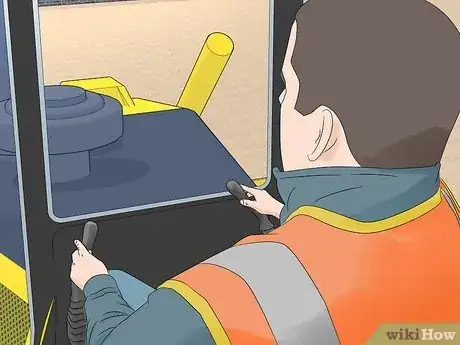
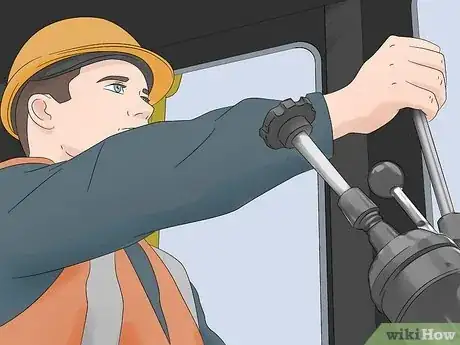
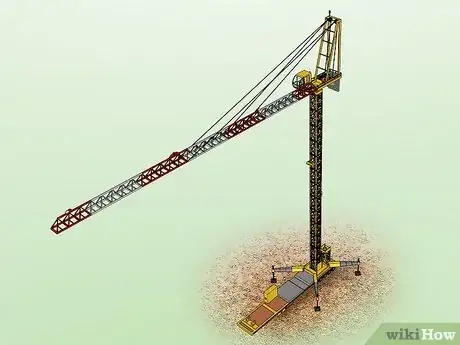
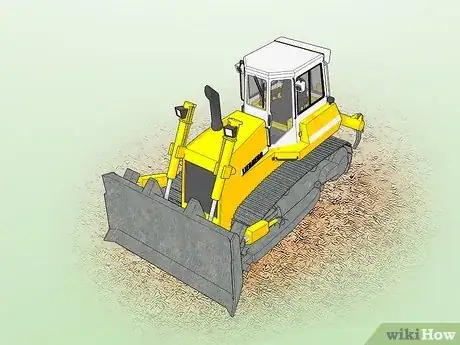
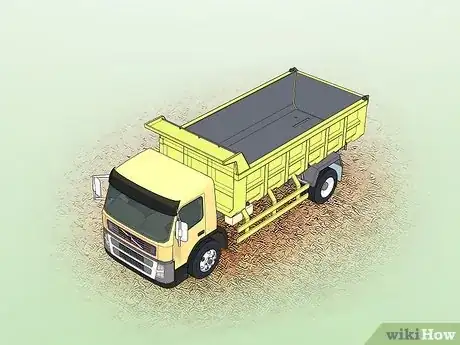
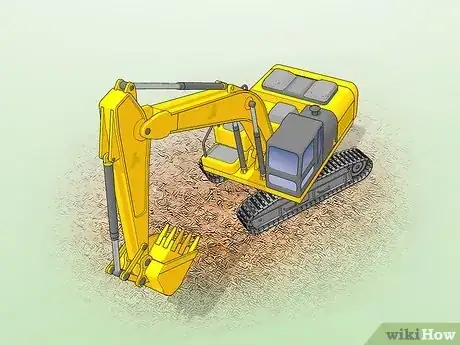
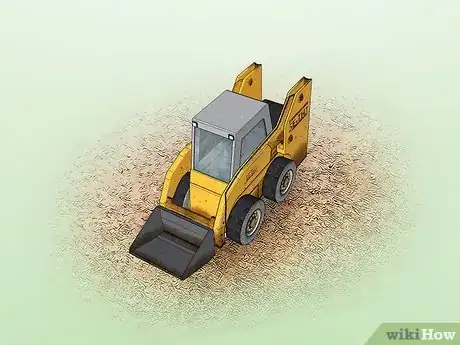
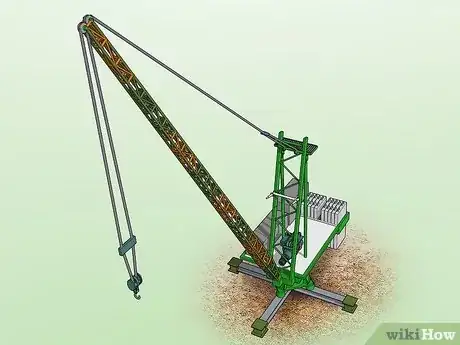

-Step-9.webp)




















-Step-9.webp)





































